Save Energy, Save Money: 10 Smart Tips to Lower Your UK Bills in 2025
Save Energy, Save Money: 10 Smart Tips to Lower Your UK Bills in 2025
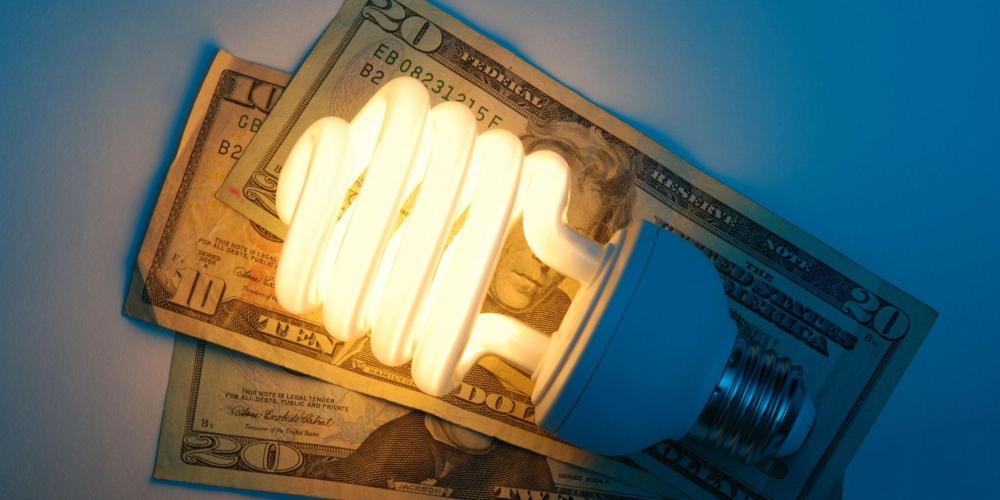
With energy prices still a top concern in the UK, reducing your household energy use is more important than ever. In fact, a 2025 report by Ofgem revealed that the average UK household spends over £2,000 annually on energy bills—a 12% rise from the previous year. The good news? You don’t need to invest thousands in solar panels or heat pumps to start saving.
There are plenty of low-cost and no-cost energy saving tips that can help you save hundreds of pounds a year, all while reducing your carbon footprint. At Meteor Electrical, we’re passionate about helping households and businesses make smarter energy choices—so here’s our up-to-date guide to doing just that.
1. Turn Down Your Thermostat by 1°C
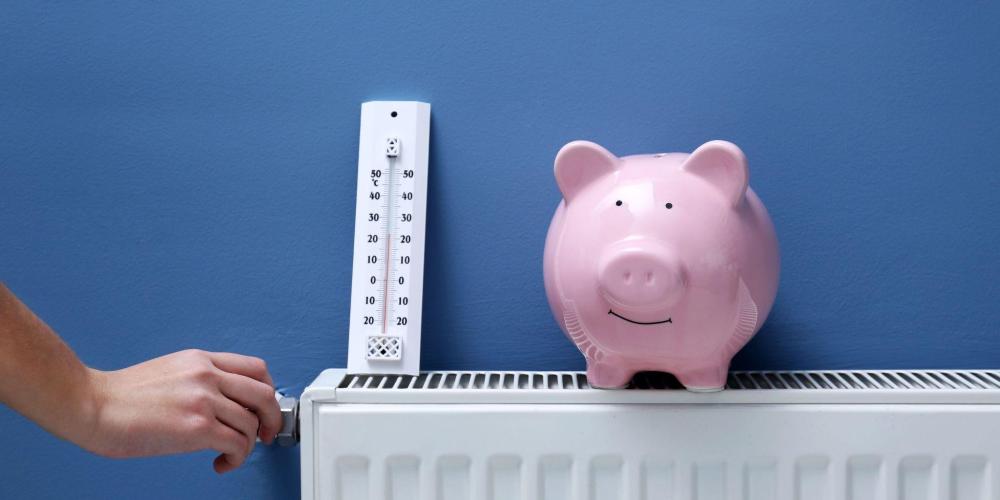
It may not sound like much, but lowering your thermostat by just 1°C can cut your heating bill by up to £85 per year. Instead of heating your home to 22°C, try 20–21°C and wear an extra layer. Bonus tip: keep your heating on low and steady rather than turning it off and on throughout the day—it’s more efficient.
2. Be Shower Smart
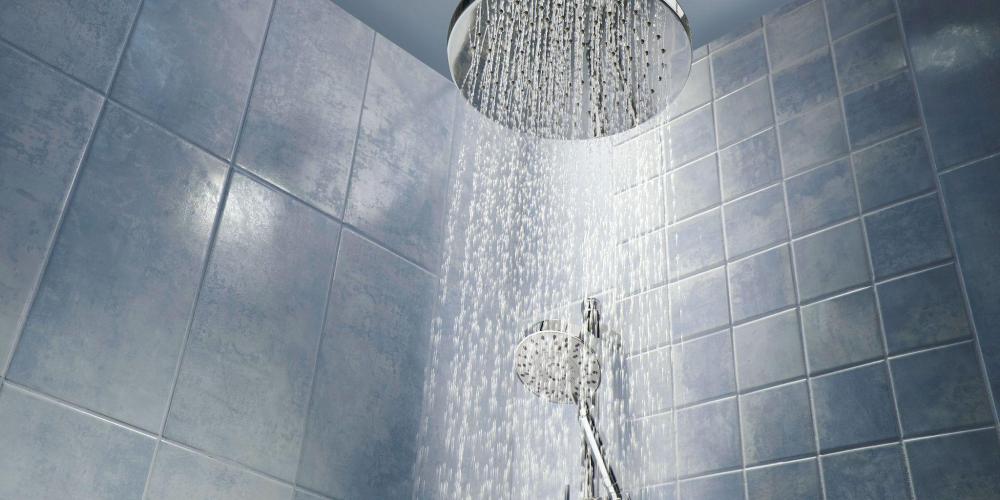
Power showers may feel great, but they can use up to 13 litres of water per minute—even more than a bath! Reduce water and energy use by turning down the pressure or switching to an eco shower head.
3. Skip the Dishwasher Pre-Wash
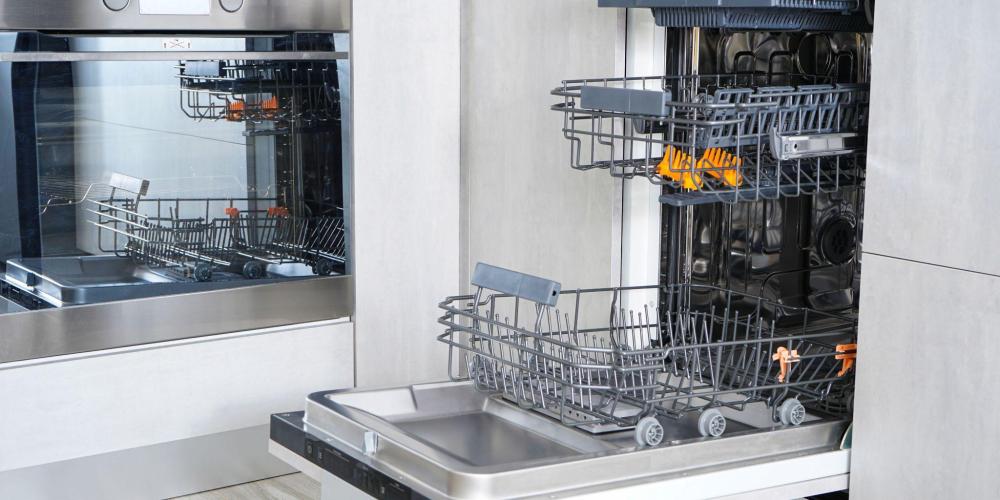
Modern dishwashers are designed to handle dirty dishes. So, skip the hot water pre-rinse. Just scrape off leftover food and let your dishwasher do the rest. You’ll save both water and electricity—especially if you only run full loads.
4. Fill Your Freezer
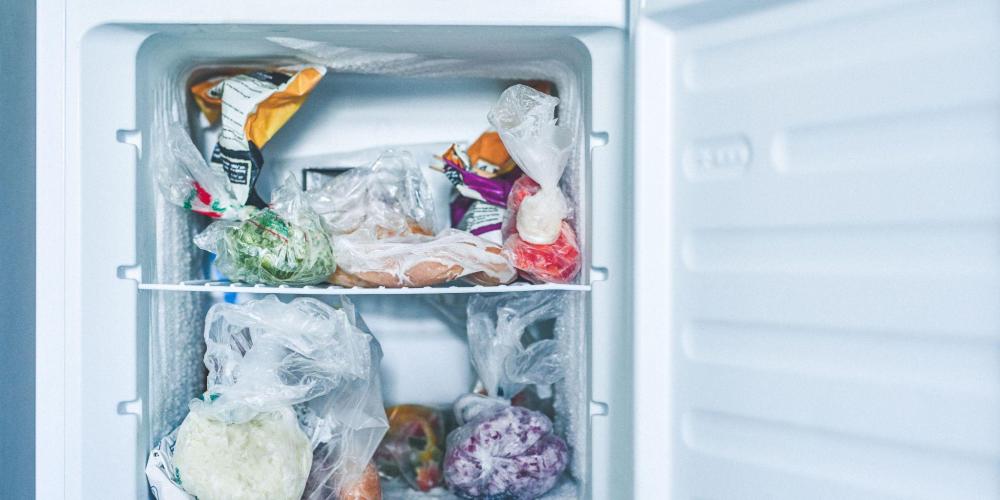
Got a big freezer? Keep it full. A well-stocked freezer is more efficient because it has less air to chill each time you open the door. Use containers or even bags of frozen water to fill gaps and improve energy use.
5. Wash Clothes at 30°C
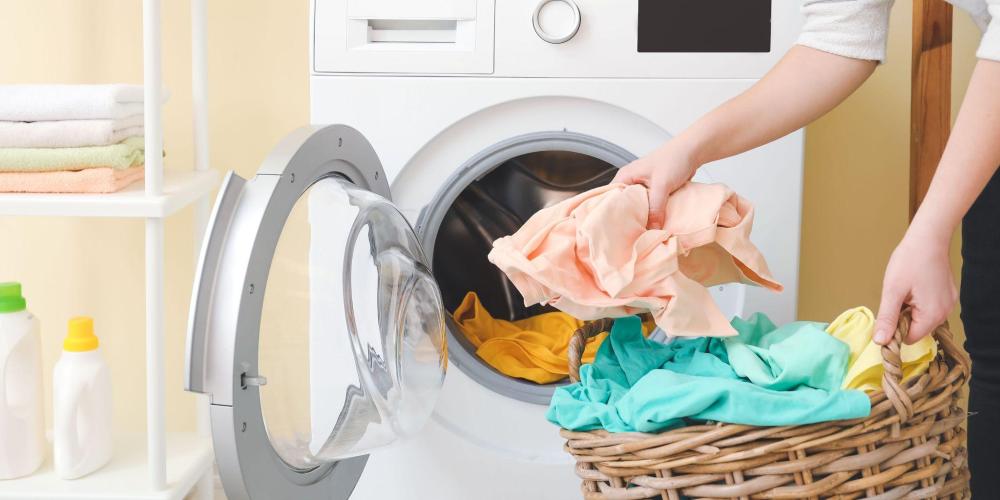
Nearly 90% of a washing machine's energy use goes to heating water. Washing clothes at 30°C instead of 60°C can save you around £34 annually. Most detergents work just as well at lower temperatures these days.
6. Be Dryer Smart
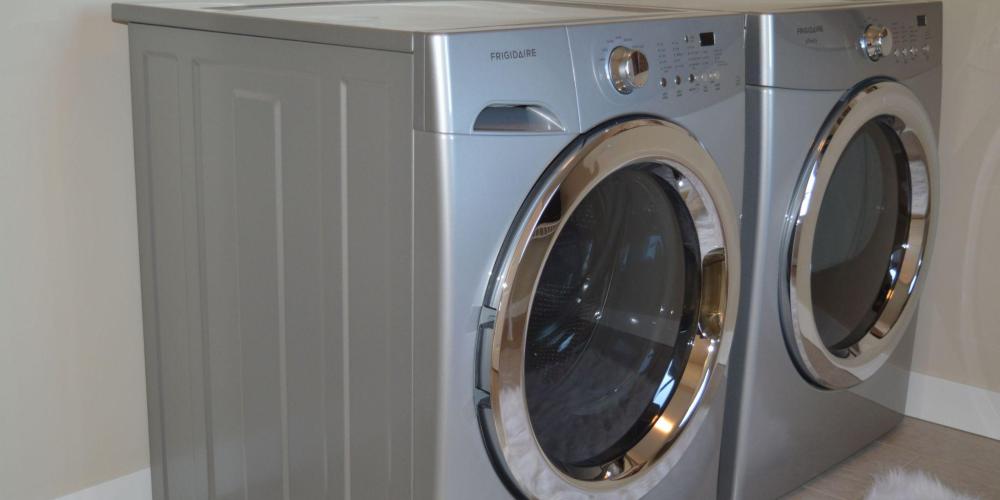
Take your laundry out of the dryer while it’s still slightly damp. You’ll shorten drying time, save electricity, and make ironing easier (less time = less energy). Or better yet, line dry when possible.
7. Unplug Appliances
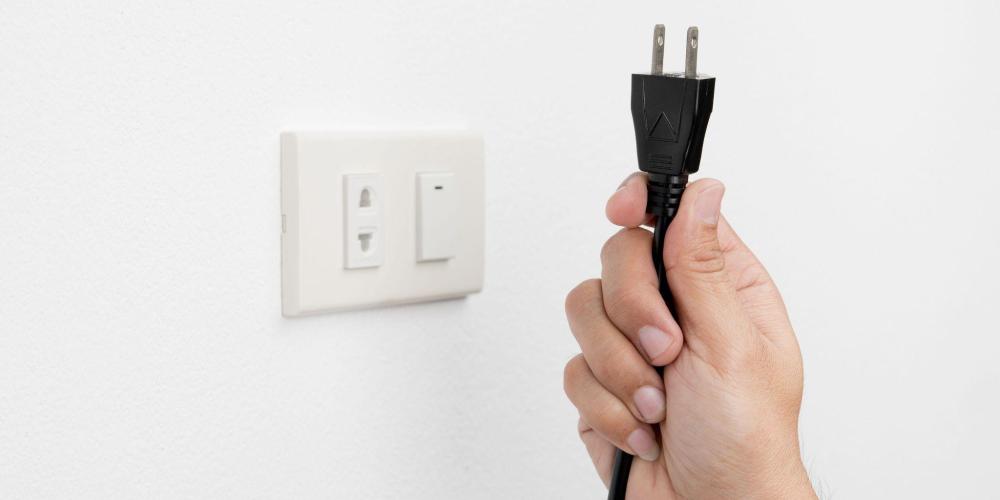
Even on standby, TVs, consoles, and chargers use phantom power. Unplug them when not in use or use a smart plug. It could save you up to £60 a year, according to Energy Saving Trust.
8. Improve Loft Insulation

Did you know up to 25% of household heat escapes through your roof? Make sure you have at least 270mm of loft insulation. It’s a cost-effective investment that can pay off quickly through reduced heating bills.
9. Compare Energy Providers

Loyalty rarely pays in the energy market. Use comparison sites like Uswitch or MoneySuperMarket to find better deals. Switching could save you up to £400 per year, especially if you're out of contract.
10. Upgrade to LED Lighting

Still using halogen bulbs? Switching to LED lighting could slash your lighting costs by up to 80%. LEDs are not only more energy-efficient but also last up to 20 years.
Credit: Reduction Revolution
Final Thoughts: Small Changes, Big Impact
Saving energy in 2025 doesn’t mean sacrificing comfort—it just means making smarter choices. With these simple tweaks, you can reduce your bills, lower your carbon footprint, and create a more energy-efficient home.
At Meteor Electrical, we provide a wide range of affordable energy-saving solutions, from LED lighting to smart heating controls. Whether you're upgrading your home or helping a client go green, we’ve got you covered with top-quality products and expert advice.
Frequently Asked Questions
1. What is the most effective way to reduce energy bills in the UK?
Turning down your thermostat and improving insulation are among the most effective methods for reducing energy use and cost.
2. Is it better to leave the heating on low all day or turn it off?
Leaving it on low all day can be more efficient than turning it on and off, especially in well-insulated homes.
3. Does unplugging appliances really make a difference?
Yes. Standby power can account for up to 10% of your electricity use. Unplug or use smart plugs to control usage.
4. Are LED lights really more efficient than halogen bulbs?
Absolutely. LED bulbs use up to 80% less energy and last up to 25 times longer than halogen alternatives.
5. How much can I save by switching energy suppliers in 2025?
Depending on your usage, you could save between £150 and £400 per year by switching to a cheaper tariff.

